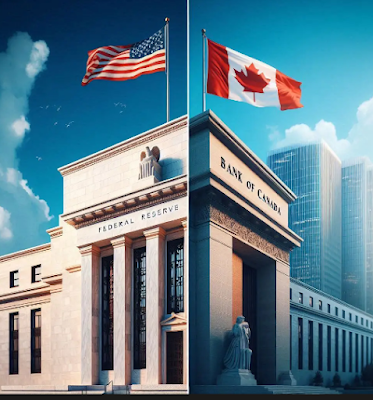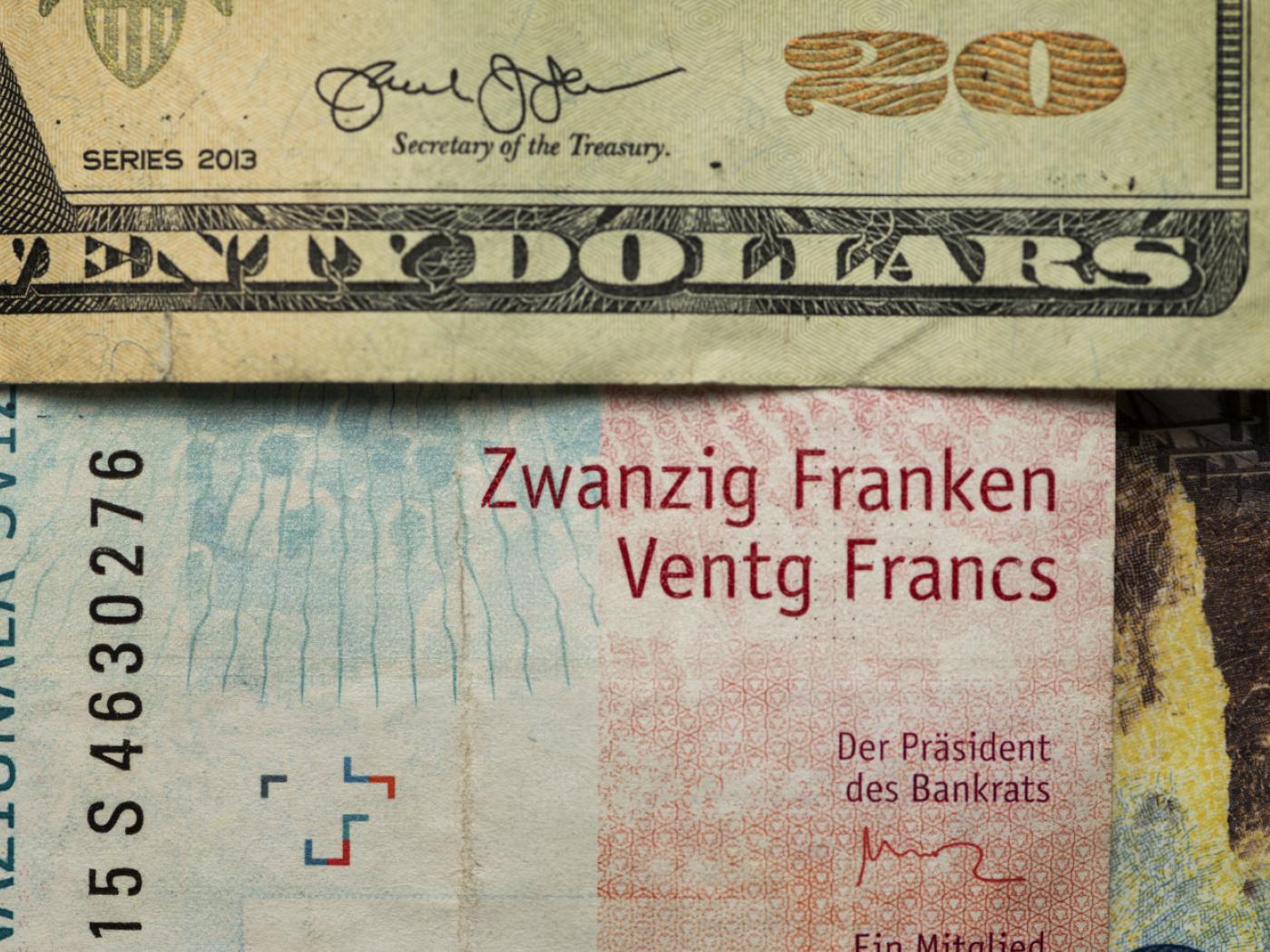While traveling recently, I was stuck in a terrible bout of traffic. Unbeknownst to me, West Virginia University’s fall graduation just ended, and I was caught in the middle of the seemingly endless stream of parents, relatives, and friends who were leaving the ceremony. To deal with this problem, the City of Morgantown closed down lanes and reserved them for exclusive use by graduation attendees. Though the city may have done a fine job handling traffic, this raises an interesting question: How would road closures be handled in a free market?
One thing is clear: the government would not have the authority to shut down roads. The example provided above may not be the worst case of government management, but one can easily think of others. Roads are shut down all the time for renovations. For example, a road in Allegheny Township, Pennsylvania (Route 356), was shut down for three years for numerous, seemingly unnecessary renovations.
Furthermore, like the example of West Virginia University’s graduation, local governments shut down roads for parades. An example of this I can think of is a portion of Pennsylvania State Route 56 being shut down so that graduating seniors could parade down the road to their commencement. More famous is the Macy’s Thanksgiving Day Parade, which requires that a large section of busy Manhattan be shut down.
These are just some examples, but I am sure that the reader can think of many others. Parades, block parties, and protests, which require the shutting down of a road, are other popular cases. The government would have no authority to shut down the roads for any of these events. Who would? The legitimate owners of the road. As Walter Block makes the case in The Privatization of Roads and Highways, the principles of free enterprise should be applied to the roads, therefore making these affairs a private matter.
Whether it be a large road company, a community organization, or an abutting homeowner, the roads would be owned and controlled by private entities, and the government would have no right whatsoever to shut down the roads for sentimental events such graduation processions or recreational activities such as parades or block parties, and there definitely would be no right for nonowners to assemble in the road and protest. There is no right to assemble on another’s private property.
Permission would have to be obtained from the private road’s owners in order to shut down the roads. The government, though a de facto owner of the roads, is not the legitimate owner. The roads are constructed from involuntary payments from the taxpayers. The government is not the true owner. The taxpayers or original appropriators own the roads; therefore, governments cannot grant permission to use the roads to parties that the true owners do not consent to.
Again, consent would have to be received from the private property owners, and a number of factors may influence this decision. The benefit of closing the roads for however long would have to be greater than the cost. For a private road company, the revenue must be greater than the loss of toll revenue attributable to closing the road. The Macy’s Thanksgiving Day Parade might bring in more revenue to the private road owners, so they could justify shutting down the road, but high school graduation processions would probably not be as profitable.
The road owners may feel charitable and give a nonprofit or graduating high schoolers use of the road for a period of time, or they may derive benefits from there being a parade on the road. Whatever the case, road closures will be determined by who can obtain a voluntary agreement from the legitimate owner, and in the case of road companies, this decision will be influenced heavily by monetary profit and loss.
Consequently, the welfare of the driver (the consumer of the road) will be better satisfied than under the current system. Outside of some public opinion surveying, the politicians/bureaucrats in charge of the decision to shut down the road do so without knowing how it will affect consumer welfare.
Additionally, if the consumers really want to shut down the road for a parade or block party, there would be no government regulation. All they would have to do is find some road owners somewhere, maybe their neighbors, and convince them to close their section of the road for a sufficient amount of time. In a market system, the best times to shut down the roads will be determined, and the best roads will be chosen based on price and accessibility.
This solves a number of conflicts. For example, local governments tend to bicker over what events to shut the street down for. In my hometown, a local events committee wanted to hold a block party, but the local government was not that receptive. They would have had to shut down the street and repeal an ordinance that prohibited public alcohol consumption. In a system of privatized roads, the individual homeowners would have the sole authority of approving road closures. Additionally, there would be no prohibitions on activities such as alcohol consumption since the road would be the private property of the homeowner and not subject to regulations of public lands.
The roads should be privatized. This would be the best way to settle conflict over public roads, and it would yield authority over the roads to the legitimate owners: the victims of government and/or the original appropriators of that land. Under these conditions, the profit and loss associated with road closures would determine whether a road is closed for whatever event or not. This would ultimately serve private property owners and the consumers of roads better than the present system.
Full story here Are you the author? Previous post See more for Next postTags: Featured,newsletter



























